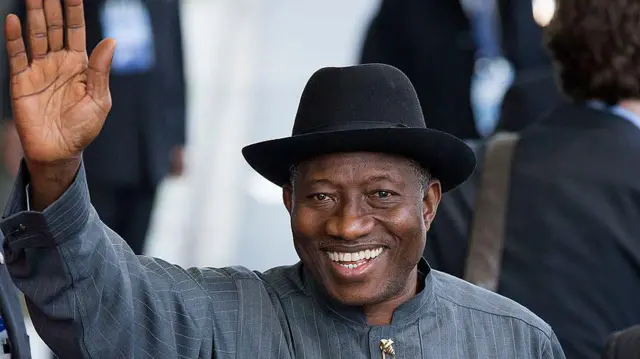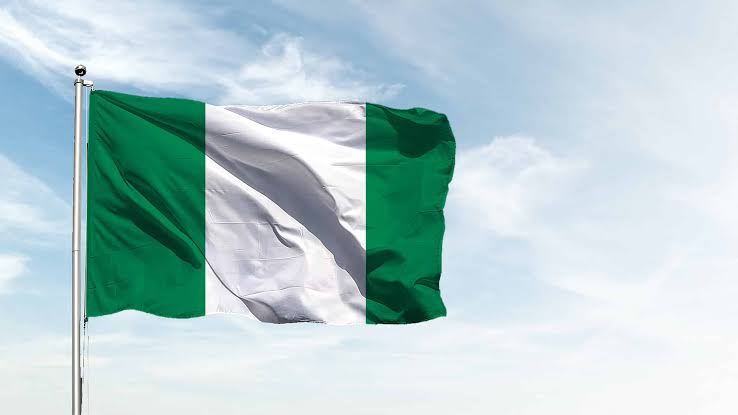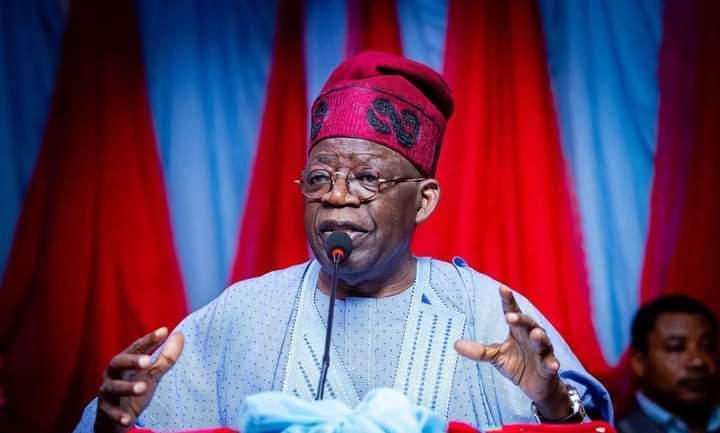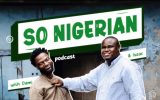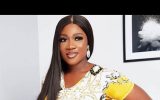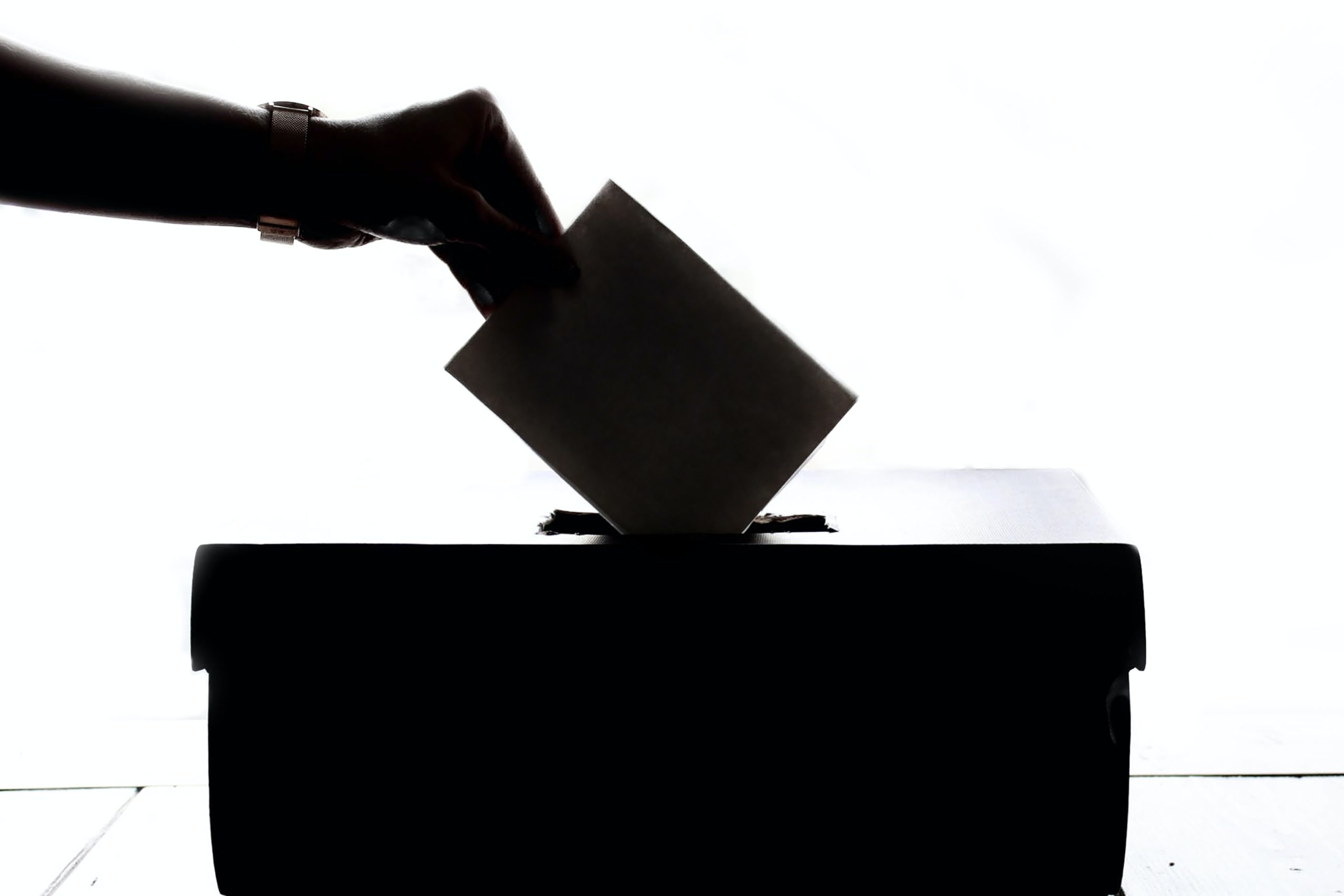by Femi Adesina
Same sex issue enters the scene. On Tuesday afternoon, President Buhari was in his right elements, as he attended a joint session by the Senate and House Committees on Foreign Affairs at the Capitol Hill.
It was an official visit that attracted not only national, but also international attention. President Muhammadu Buhari was going to visit the United States for four days, on the invitation of President Barack Obama. Was this going to be just another jamboree, or truly an event that would reset the buttons in the relationship between the two countries?
Sure, there had been some cooling of passion between the two erstwhile allies during the dying days of the Goodluck Jonathan administration and American experts sent here to train our military had even been asked to leave. She had also refused to sell us Cobra helicopters and other armaments, which could have made a lot of difference in our fight against insurgents in the North-East of the country. America had cited some reasons, including alleged human rights violations. The then President Jonathan was thus forced to look towards South Africa for arms. He loaded millions of dollars in a private jet as if going to Oyingbo market, and got his fingers burnt in the process. South Africa seized the cash, and also impounded the aircraft for some time. The Nigerian government could only huff and puff for a while, and then licked its wounds quietly.
No doubt, the kiln of passion needed to be kindled anew between Nigeria and America, and the invitation extended to President Buhari during the G7 Summit in Germany in June, was a much needed elixir. The Nigerian leader accepted the offer, and so was in Washington between Sunday, July 19 and Wednesday, July 22.
But another whiff of controversy had presaged the meeting. America, through its Supreme Court, had recently legitimised same sex relationship.
It was into the eye of this storm that some Nigerians felt President Buhari would be flying, on his trip.
To America we flew last Sunday, arriving after a voyage of 12 hours. Our President was accommodated along with some members of the entourage at the historic Blair House, just a peeping distance from the White House. A good number of meetings were to hold at that Blair House in the next four days.
You would be permitted if you had jet lag after 12 hours in the air, punctuated only by a one hour technical stopover at a Portuguese island called Santa Maria, to refuel your plane. But President Buhari was still spry enough to settle down to business immediately.
After a briefing of what was to come in the next four days by Professor Ade Adefuye, Nigerian Ambassador to the United States, the President played host to former American Ambassador in Nigeria, Thomas Pickering, Professor Jean Herskovits and Ambassador John Campbell among other people.
The day was not done until Madeline Albright came to dinner with our President. She has aged, but rather gracefully.
The second day was the day the world had been waiting for. Day of meeting with the world’s most influential president, Barak Obama. But not so fast! First, breakfast with the Vice President, Joe Biden. Venue was the Naval Observatory, which is the official residence of the American number two man. What did he tell our President?
Biden gave an overview of the objectives of the entire visit, assuring Nigeria of the goodwill and support of America. He shared perspectives on the terror war, drawing from America’s experiences after the September 2001 assault, in which thousands were killed by Al-Qaeda inspired terrorists. He said Boko Haram, which has now pledged loyalty to ISIS, should not be battled with just military option. There was also the need to combine the war with strong socio-economic programmes. He said the U.S would be ready to work with Nigeria in that direction.
President Buhari thanked his host, and added that the role played by America prior to general elections, sending Secretary of State John Kerry to convey that America would not tolerate the subversion of the people’s will, went a long way to guarantee fairness and justice.
Having served as Minister for Petroleum Resources for over three years in the 1970s, President Buhari did not forget to mention the oil sector. He said between 10 to 20 billion dollars may have been lost to oil theft in the past one year, and pledged to sanitise the sector. He welcomed American assistance.
The much awaited meeting with President Obama came up a while later at the White House. American leaders have been known to be fairly parsimonious with praises, particularly when talking about leaders of other countries. But Obama was effusive. He described President Buhari as a man of integrity, needed for such a time as this in Nigeria. He congratulated him for winning the March 2015 presidential election, adding that Nigeria was very important to Africa. The destiny of the continent was tied to Nigeria’s, he said, pledging that America would continue to support, as long as Nigeria does the right things.
The American president charted the same course as his deputy on the issue of Boko Haram. According to him, economic and social programmes must run concurrently with military option, to conclusively defeat insurgency.
Obama said the diversity of Nigeria, rather than be a centrifugal force, must be a centripetal one. The disparate parts of the country should be harnessed to become source of strength, adding that no part of the country should be left behind, or alienated.
Buhari, the American president observed, was hugely popular, judging by the enormous goodwill that surrounded his election. He urged him to use the goodwill to serve Nigeria, alongside the governors that accompanied him. The governors are Rochas Okorocha, Imo, Adams Oshiomhole, Edo, Tanko Al-Makura, Nasarawa, Kashim Shettima, Borno, and Abiola Ajimobi, Oyo.
Speaking on behalf of the governors, Okorocha assured Obama that the states’ helmsmen would back up Buhari to bring enduring change to Nigeria.
President Obama made pledges. America would help Nigeria in diverse ways: checkmate insurgency, train and equip her military, recover monies siphoned out of federal coffers, and many others. And with no strings attached.
The bilateral meetings/ audiences with the Nigerian president at Blair House, and other venues, were worth their weight in gold.
A delighted President Buhari said priority would be given to the resettlement of more than one million internally displaced persons and directed that a team be set up on the side of the Federal Government, which would meet and harmonize plans with the World Bank team as soon as possible.
The Bill and Melinda Gates Foundation also disclosed plans to work with the Dangote Foundation to ensure that Nigeria gets a clean bill of health on polio.
There were other bilateral meetings with John O. Brennan, Director of the CIA and Deputy Secretary of Defence, Robert Work, and Chairman, Joint Chiefs of Staff, Gen Martin Dempsey.
Oh, the courtesy call by the Class of 1980 of the United States War College, in which the then Col Muhammadu Buhari participated, and got glowing recommendations. It was a time to go down memory lane.
Same sex issue enters the scene. On Tuesday afternoon, President Buhari was in his right elements, as he attended a joint session by the Senate and House Committees on Foreign Affairs at the Capitol Hill. Many issues came up for discussion, ranging from foreign relations, to growing democracy, human rights, and many others. Then a senator brought in the clincher. What does Nigeria think of the rights of homosexuals and lesbians?
Sodomy or anything of such kind is against the laws of Nigeria, and, indeed, the Nigerian society abhors such practices, the President declared. Pastor Tunde Bakare of The Latter Rain Assembly was in the audience, and from the delight on his face, he could have carried the President shoulder high, if protocol had permitted such.
To cap that delightful day, the president headed to the Chancery, Nigeria Embassy. He had two assignments there. A Meet and Greet session had been packaged by Mo Abudu of Ebony Life TV, in which Nigerian youths, who are professionals, had been invited from across America to greet President Buhari, and share their dreams of a greater country with him. The young people were really happy to have their president and father figure in their midst.
Next was the meeting with Nigerians in Diaspora, who also came from across America.
The night did not end without the president meeting with the All Progressives Congress members in the US and Canada.
On the final day of the visit, there was an interactive event at the United States Institute of Peace.
President Buhari went to America, he saw, and he conquered. As I watched him signing the Visitors’ Register as he attempted to leave that historic monument called Blair House, I wondered how many people in the world would ever have such privilege. Not many.
As President Buhari strode out of Blair House for the last time, with his entourage in tow, one could see that an invisible Nigerian flag had been hoisted in the American sky, and it was fluttering proudly. The Nigerian president had come with dignity, attended all the sessions lined up for him, not missing a single one, and was returning home with an enhanced reputation, not just for himself but also for about 170 million of his country men and women. Who says change will not come to Nigeria?
—————
This article was originally posted in The Punch
Adesina is Special Adviser, Media and Publicity, to President Buhari
Op-ed pieces and contributions are the opinions of the writers only and do not represent the opinions of Y!/YNaija.






